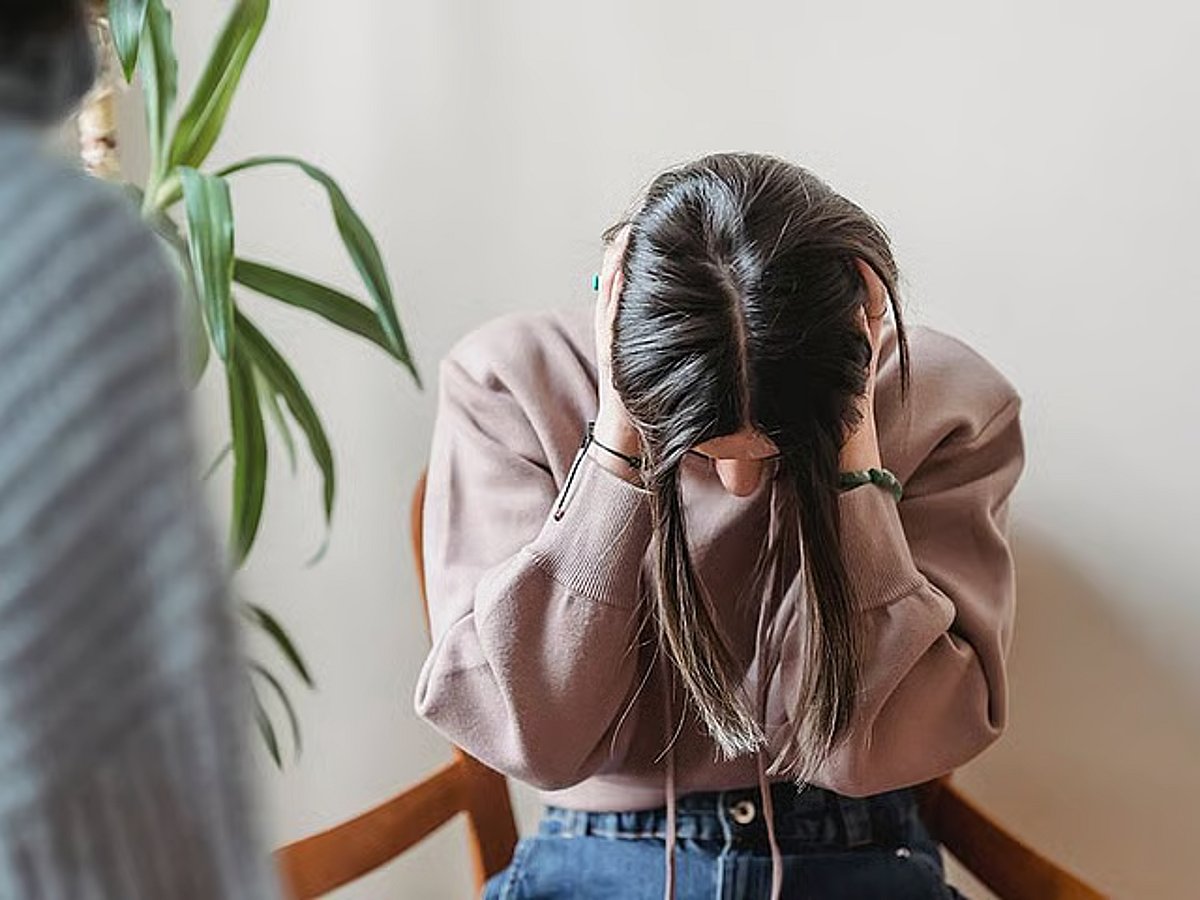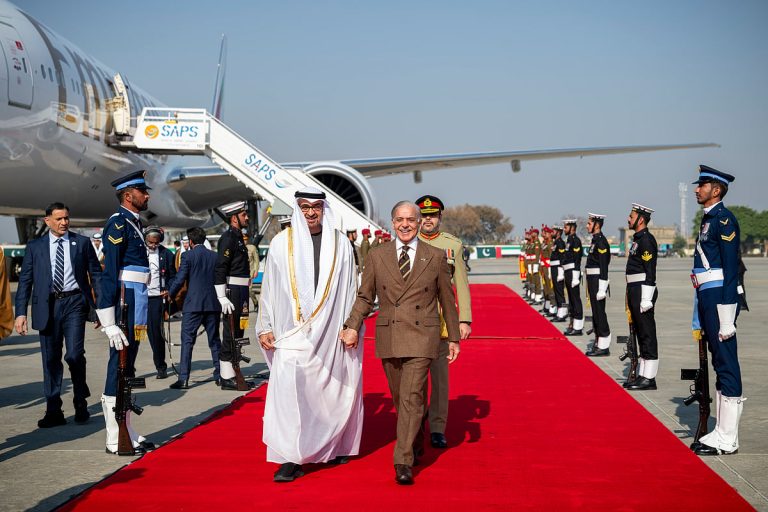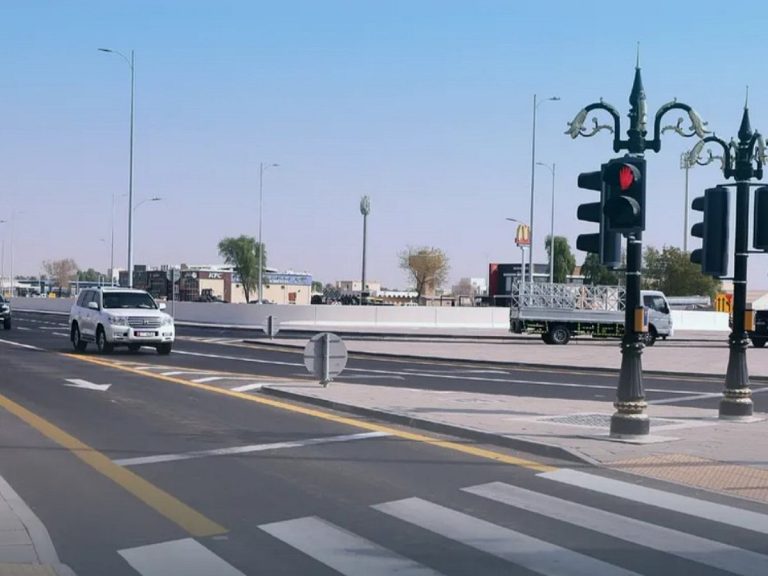UAE Enhances Domestic Violence Laws with New Penalties
The United Arab Emirates has recently enhanced its legal framework to address domestic violence, introducing comprehensive measures aimed at protecting victims and penalizing offenders. The new Federal Decree Law No. 13 of 2024 outlines specific forms of domestic abuse and establishes clear penalties for those found guilty.
Understanding Domestic Violence Under UAE Law
Domestic violence is recognized as a serious issue that threatens family integrity and societal stability. The law defines domestic violence as any act, word, threat, or coercion by a family member that exceeds their authority and results in physical or psychological harm. This broad definition acknowledges the various ways in which abuse can manifest.
Six Forms of Abuse Identified
Legal expert Mohammed Al Maisari highlights that the legislation identifies six distinct forms of domestic violence: physical, psychological, verbal, sexual, economic, and neglect. Each of these forms is considered a violation of an individual’s safety and dignity within the family unit. The law aims to protect the well-being of all family members, particularly vulnerable populations such as children, pregnant women, the elderly, and individuals with disabilities.
Penalties for Offenders
Under the new law, individuals convicted of domestic violence may face up to six months in prison or fines of up to Dh50,000. The penalties are more severe when the victim belongs to a vulnerable group, reflecting the law’s commitment to safeguarding those at greater risk.
Reporting and Prevention Measures
The legislation emphasizes the importance of prevention and victim support. Reports of domestic violence can be made at police stations, which are then referred to specialized family prosecution offices. Additionally, the law requires that anyone aware of domestic abuse must report it promptly to help prevent further harm.
Support for Victims
Beyond punitive measures, the law provides victims with a range of rights, including access to protection, psychological support, and social rehabilitation. Dedicated centers across the UAE are now available to offer specialized care, helping survivors recover and reintegrate into their families and communities.
Commitment to Family Welfare
Al Maisari notes that this legislation reflects the UAE’s dedication to family welfare and social harmony. He emphasizes that the law embodies a vision that prioritizes family safety and stability as essential components of national development.
FAQs
What are the main forms of domestic violence recognized by UAE law?
The law identifies six forms of domestic violence: physical, psychological, verbal, sexual, economic, and neglect, each posing a threat to individual safety and dignity.
What penalties do offenders face under the new law?
Offenders can face up to six months in prison or fines of up to Dh50,000, with harsher penalties for crimes involving vulnerable victims.
How can domestic violence be reported in the UAE?
Reports can be made at police stations, which will then refer cases to specialized family prosecution offices for further action.
Conclusion
The UAE’s new domestic violence law represents a significant step forward in protecting victims and addressing abuse within families. By establishing clear penalties and support mechanisms, the legislation aims to foster a safer environment for all citizens. Moving forward, it is crucial for community members to be aware of these laws and to report any instances of domestic violence to ensure the safety and well-being of those affected.
The introduction of Federal Decree Law No. 13 of 2024 aligns with global trends towards strengthening legal protections against domestic violence. Many countries have recognized the need for comprehensive legal frameworks to address this pervasive issue, reflecting a growing understanding of the complexities surrounding domestic abuse. The UAE’s proactive approach demonstrates its commitment to not only align with international standards but also to foster a culture of accountability and support for victims.
In addition to legal reforms, public awareness campaigns are essential for the effective implementation of the law. Educating the community about the signs of domestic violence and the resources available for victims can empower individuals to seek help and report abuse. This holistic approach, combining legal measures with community engagement, is vital for creating a supportive environment that encourages victims to come forward without fear of stigma or retaliation.
Also Read:
Dubai Police Warn Against Public Wi-Fi for Banking Safety







